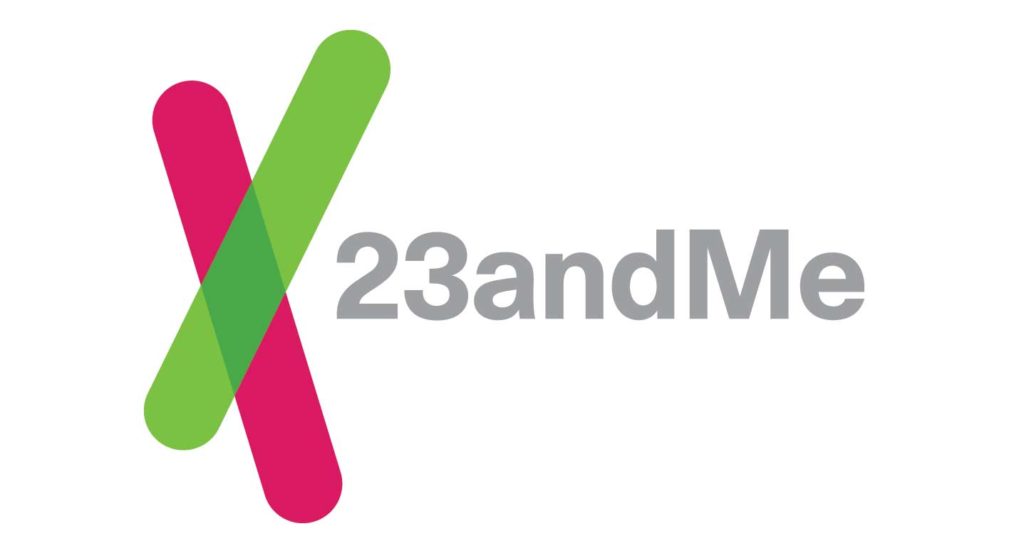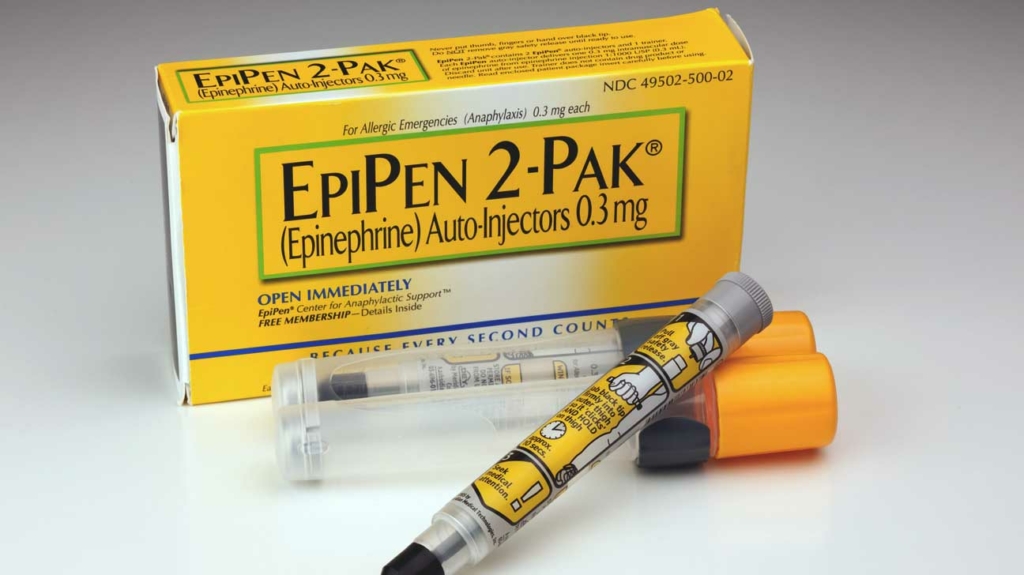 At the recent American Academy of Forensic Science meeting in New Orleans, I attended the workshop The Opiate Crisis, Dirty Bombs, Big Data/Big Problems, and Driverless Cars: On the Leading Edge of Forensic Science – 2017 Theoretical Forensic Sciences “Think Tank”. It seemed like a good session to discover where forensic research is going, aside from the serious look the community is taking at standards of proof within the various forensic disciplines.
At the recent American Academy of Forensic Science meeting in New Orleans, I attended the workshop The Opiate Crisis, Dirty Bombs, Big Data/Big Problems, and Driverless Cars: On the Leading Edge of Forensic Science – 2017 Theoretical Forensic Sciences “Think Tank”. It seemed like a good session to discover where forensic research is going, aside from the serious look the community is taking at standards of proof within the various forensic disciplines.
The talk Who You Are Out in the World and What Do You Think? by Lucy Davis presented an interesting look at the big business side of genetic genealogy. The substance of the talk was a discussion of the informed consent, the terms and conditions of service (TOS), and the privacy agreement you must sign when you use the services of the top direct-to-consumer (DTC) DNA testing companies: AncestryDNA, 23andMe, and MyHeritage.
What You Agree to in Signing Up for These Services
Using AncestryDNA as an example, their informed consent, terms and conditions of service, and privacy agreement include many pages of legal verbiage. Some excepts:
AncestryDNA Informed Consent
The Ancestry Human Diversity Project collects, preserves and analyzes genealogical pedigrees, historical records, surveys, phenotypic data, family health data, medical and health records, genetic information, and other information (collectively, “Information”) from people all around the world in order to conduct research studies to better understand, among other things, human evolution and migration, population genetics, population health issues, ethnographic diversity and boundaries, genealogy, and the history of our species (“The Project”).
You will not get paid for being in this Project. The sample(s) you share with us for this Project might benefit researchers and others in the future. We will own the results of the Project and any subsequent publication of the results. If any commercial product is developed as a result of the Project, there will be no financial benefit to you.
AncestryDNA Terms and Conditions of Service
We use genetic and health data along with family tree data and your personal data, to perform research in genealogy, anthropology, evolution, medicine, and other health areas to improve research and develop new products.
By submitting DNA to AncestryDNA, you grant AncestryDNA and the Ancestry Group Companies a perpetual, royalty-free, world-wide, transferable license to use your DNA, and any DNA you submit for any person from whom you obtained legal authorization as described in this Agreement, and to use, host, sublicense and distribute the resulting analysis to the extent and in the form or context we deem appropriate on or through any media or medium and with any technology or devices now known or hereafter developed or discovered. You hereby release AncestryDNA from any and all claims, liens, demands, actions or suits in connection with the DNA sample, the test or results thereof, including, without limitation, errors, omissions, claims for defamation, invasion of privacy, right of publicity, emotional distress or economic loss. This license continues even if you stop using the Website or the Service.
AncestryDNA Privacy Agreement
We may share personal information with Ancestry Group Companies so that they may provide services to AncestryDNA and you (including to communicate with you) as described in this Privacy Statement, or provide the additional services of those Ancestry Group Companies to you, and/or for the purposes of connecting you to Users of the other websites operated by the Ancestry Group Companies. The Ancestry Group Companies are subject to similar privacy statements, which you should review. Additionally, as our business continues to grow and change, we might restructure, buy, or sell subsidiaries or business units. In these transactions, customer information is often one of the transferred assets, remaining subject to promises made in then prevailing privacy statements. Also, in the event that AncestryDNA, or substantially all of its assets or stock are acquired, transferred, disposed of (in whole or part and including in connection with any bankruptcy or similar proceedings), personal information will as a matter of course be one of the transferred assets.
One More Item
The Informed Consent, the Terms and Conditions of service, and the Privacy Agreement that you must sign when you enroll in AncestryDNA are similar to those you sign when ordering kits from 23andMe and MyHeritage, with one noted exception. MyHeritage Terms and Conditions contains the following additional statement:
This Agreement and any dispute regarding the Service shall be exclusively governed by the laws of the State of Israel without regard to conflict of law provisions and you agree that any legal proceeding about the execution, performance and/or enforcement of this Agreement shall be brought exclusively to the courts located in Tel Aviv, Israel.
*****
Let’s step back and talk about big business for a moment.
 In a Forbes magazine article published in January 2017, Ancestry’s CEO Tim Sullivan announced that AncestryDNA’s autosomal DNA database had reached the 3M mark, making it the largest in the industry. Over Black Friday and Cyber Monday 2016, the company sold 560,000 DNA test kits, with 1.4M kits sold in the fourth quarter of 2016 alone. According to Tim Sullivan, Ancestry’s CEO, “We think we’ll have 10 million people connected within two years.”
In a Forbes magazine article published in January 2017, Ancestry’s CEO Tim Sullivan announced that AncestryDNA’s autosomal DNA database had reached the 3M mark, making it the largest in the industry. Over Black Friday and Cyber Monday 2016, the company sold 560,000 DNA test kits, with 1.4M kits sold in the fourth quarter of 2016 alone. According to Tim Sullivan, Ancestry’s CEO, “We think we’ll have 10 million people connected within two years.”
Stop and think about this.
Considering that each person in the AncestryDNA database represents not just himself, but also his parents and siblings with whom he shares 50% of his DNA – membership in the Ancestry database is virtually many times larger than 3M. Based on the size of my immediate birth family (two parents, myself, and three sibs), those 3M AncestryDNA customers represent a virtual database of 18M people. The estimate may be high because it does not take into account that close family members may already belong to the database. Even so, 18M people may be an underestimate, considering that it does not include biological children of subscribers, nor their first cousins. (I don’t have any children, but I have 21 first cousins).
For the moment, let’s use 18M as the size of the virtual AncestryDNA database. Based on just my own immediate family, the projected increase to 10M proportionally raises the virtual number of subscribers to 60M. If the population of the United States is about 320M, the implication is that a single company will control the DNA of at least 20% of that. And that is only the beginning – the databases are only going to continue to grow.
In April of 2016, Silver Lake and GIC, Singapore’s sovereign wealth fund, acquired large stakes in Ancestry in a deal that valued the company at $2.6 billion. In the same January 2017 Forbes article, Tim Sullivan stated that Ancestry’s 2016 sales were $850M, up 25% from the year before, and that the company was anticipating an IPO in 2017.
 23andMe has a similar narrative. In 2015, 23andMe with a second round of venture capital investment, the company’s total capital increased to $241M. According to a 2015 article in Forbes Magazine, the company made a $50M deal with Genentech, a subsidiary of the Swiss pharmaceutical company Roche, for access to data on 12,000 individuals suffering from Parkinson’s Disease who had been recruited by the Michael J Fox Foundation. The article mentions that this is the first of ten such deals made between 23andMe and pharmaceutical and biotech companies.
23andMe has a similar narrative. In 2015, 23andMe with a second round of venture capital investment, the company’s total capital increased to $241M. According to a 2015 article in Forbes Magazine, the company made a $50M deal with Genentech, a subsidiary of the Swiss pharmaceutical company Roche, for access to data on 12,000 individuals suffering from Parkinson’s Disease who had been recruited by the Michael J Fox Foundation. The article mentions that this is the first of ten such deals made between 23andMe and pharmaceutical and biotech companies.
But there’s more. In March 2015, in a second Forbes article, 23andMe announced that the company would “not just sell tests to consumers, or genetic data to pharmaceutical companies”. 23andMe announced its plans to go into the pharmaceutical business itself; a drug in clinical trials could be worth hundreds of millions of dollars; placing that drug on the market could be worth billions. Towards this end, the company hired retired Roche superstar Richard Scheller as Chief Scientific Officer and head of therapeutics.
**** My reading of the Informed Consent, Terms and Conditions of Use, and Privacy Agreements described above is that when you sign up for a DNA test from one of the genetic genealogy testing companies, you essentially agree to pay to give away your control over your DNA sample along with the data derived from that sample. Furthermore the testing company may consolidate that data and sell it to research groups, pharmaceutical companies, or any other interested parties as they wish. You also agree to allow the company to use ancillary genealogical data, family health data, and medical and health records that you provide along with your DNA sample. If you have a dispute with MyHeritage, you must have the dispute heard in court in Tel Aviv, Israel.
My reading of the Informed Consent, Terms and Conditions of Use, and Privacy Agreements described above is that when you sign up for a DNA test from one of the genetic genealogy testing companies, you essentially agree to pay to give away your control over your DNA sample along with the data derived from that sample. Furthermore the testing company may consolidate that data and sell it to research groups, pharmaceutical companies, or any other interested parties as they wish. You also agree to allow the company to use ancillary genealogical data, family health data, and medical and health records that you provide along with your DNA sample. If you have a dispute with MyHeritage, you must have the dispute heard in court in Tel Aviv, Israel.
There’s no doubt that Ancestry, 23andMe, and MyHeritage provide services that are of valuable to the genealogical community. Just in the last twelve months or so, I have had about ten clients-acquaintances-friends find their birth parents thanks to Ancestry’s huge database, including a friend who found his birth father after searching for 30 years. All of these people have benefited from autosomal SNP testing in deeply personal ways.
But at what price?
Direct to Consumer (DTC) DNA testing companies do not offer their services because they want us to “feel good” about reuniting adoptees with their birth parents, or because they want us to know we are Scottish and not German. DTC DNA testing is big business, in some respects the DNA equivalent of Google. (In fact, the CEO of 23adMe, Anne Wojcicki is the ex-wife of Google founder Sergy Brin).
Referring to Tim Sullivan’s January 2015 statement that in two years, he expects AncestryDNA’s database to top 10M members – equivalent to 60M virtually members based on the size of my immediate family. Multiplying that by 27 to include not just my six immediate family members, but also my 21 first cousins, brings the size of the virtual database of around 270M members, or about 75% of the size of the population of the US. And this total does not include people who have tested only with 23andMe or only with MyHeritage. Even considering a fraction of database members live is outside the US, this is still an alarming number of subscribers.
A genealogist will undoubtedly find this an exciting prospect. The bigger the database, the more likely he will discover his long lost relatives, or the better the chance an adoptee will find a close relative who will lead him to his birth family.
But behind the distraction provided by all the happy reunions is the important long term issue of what the DTC DNA testing companies plan to do with all of our data.
The possibilities are endless. 23andme has recently decided to develop their own pharmaceuticals. Having drugs available to treat serious illness is not a bad thing. But in the agreements I have to sign to make use of their services, the DTC companies clearly say that I will not derive any financial benefit from that development. In other words, if a medicine or vaccine is created based on a database in which my DTC DNA results have been included, I will have to pay for that medicine just like everyone else. And it might be expensive, considering that pharmaceutical will be under the exclusive control of the big business interests represented by the DTC DNA testing companies.
Think “Epipen”. In September 2016, Heather Bresch, Chief Executive of Mylan Pharmaceuticals was called to testify before Congress about the sharp increase of the price of Epipen, its emergency allergy treatment device that can inject a dose of epinephrin into the body in response to a life-threatening allergic reaction. The Epipen increased its price in the US from $100 in 2007 to $600 in 2016, even while the product was available in Great Britain for $69. According to a Reuters article in 2016, the Epipen accounts for $1B of Mylan’s overall sales of $9.45B, and 20% of the company’s annual profits. Mylan controls 90% of the market.

In response to public outrage at the price increase, especially from parents with children with severe allergies whose lives depended on the EpiPen, Mylan announced it was coming out with a generic version of the the device that cost $300. So what happened to the other $300?
My prediction is that the DTC DNA testing industry is headed in the same direction. As medications are developed based on those large and ever growing DNA databases, the price for each will not be based on how much it costs to produce – rather on what the market will bear. If you need that drug to save your life – what will you be willing to pay? Note this is different from the way the pharmaceutical companies operate now. They finance their research and development based on drug sales and capital investment. The DTC DNA testing companies do depend on capital investment, but they more importantly they expect us to give them the raw materials (our DNA samples) towards their research and development, and also to pay for the privilege.
*****
So where are we today? More than likely, it you have read anything or seen a TV spot relating to a DTC DNA testing company, it was probably an advertisement catering to the general public describing about how easy it is to find one’s ethnic background by just spitting in a little cup. Or perhaps you read a blog article about an adoptee was able to find his birth father thanks to a DNA test. Whatever you saw was probably a feel-good story to entice you to take a DTC DNA test, and not a serious discussion about giving up one’s rights to his DNA nor how the DTC testing companies plan to use that DNA to further their business interests.
As genealogists, we get excited about the immediate prospects of using DNA to discover new information about our families, and about new ways DNA offers to connect us to our past.
Is it too late to start thinking about our future?
